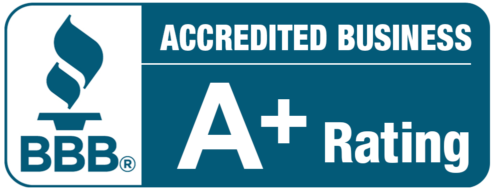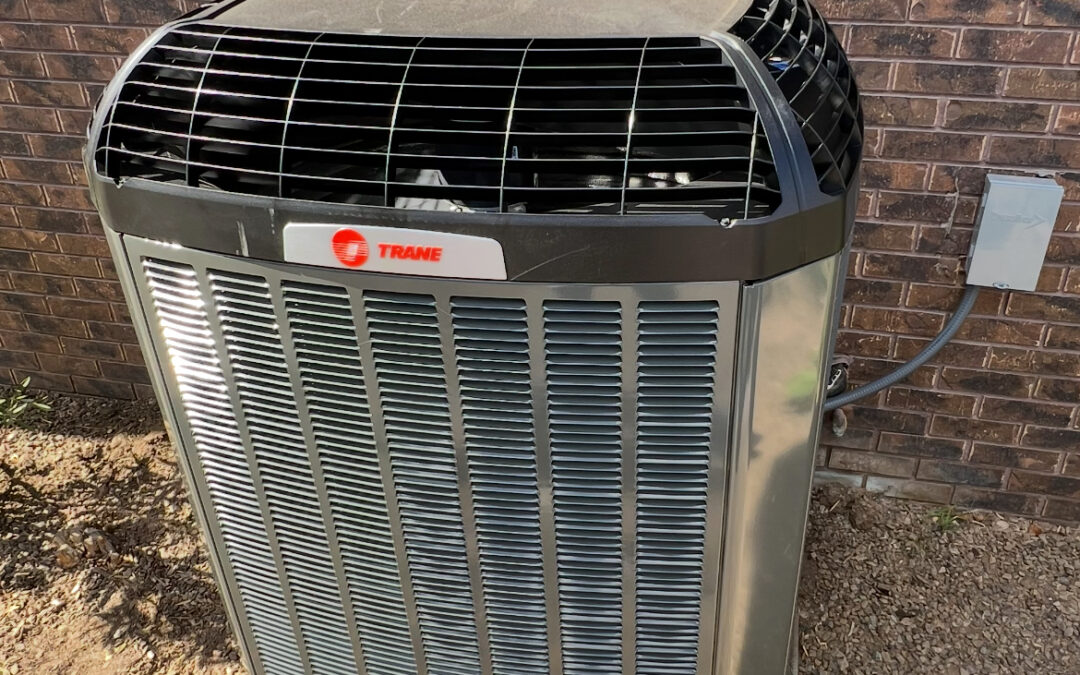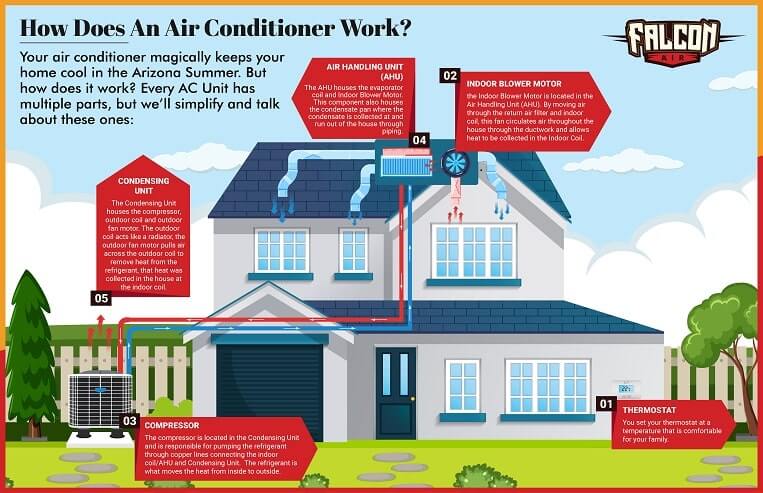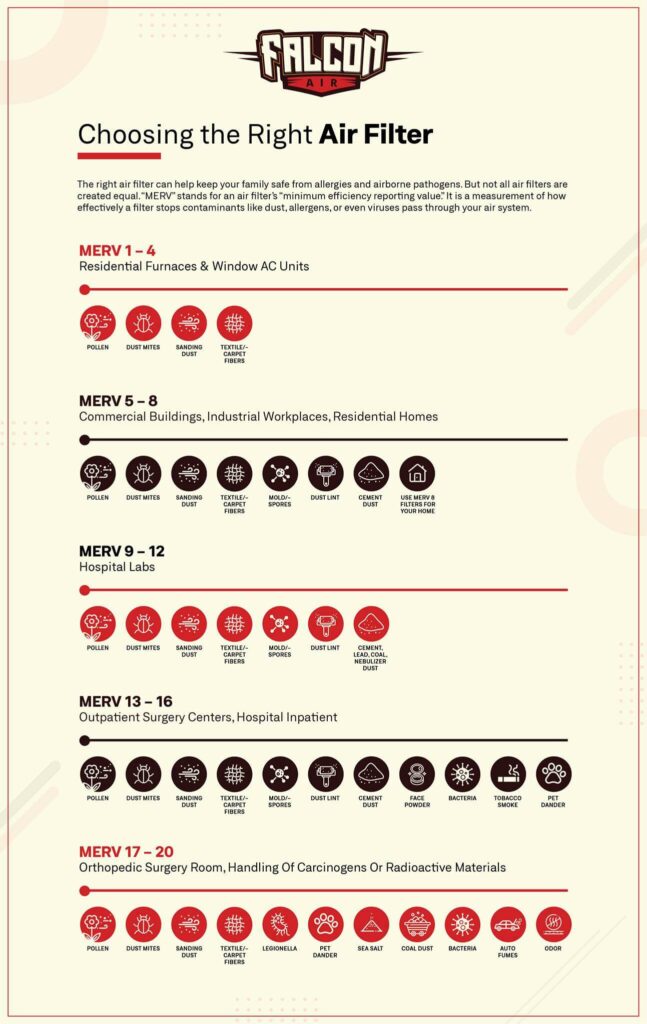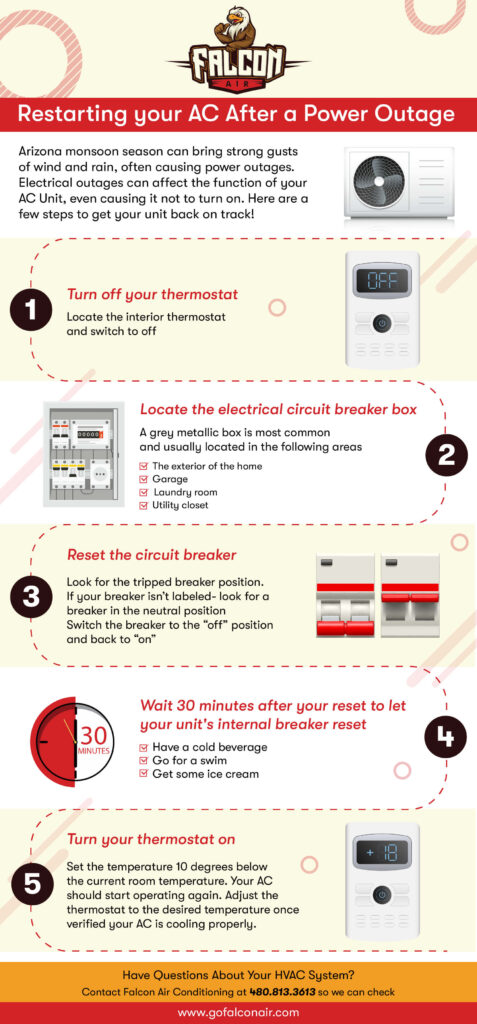In the sweltering heat of summer, installing an air conditioning unit isn’t just a comfort; it becomes a necessity for many homeowners. Because various factors influence the total cost, it’s important to understand what to expect financially before making this significant home improvement investment. This guide explores the key elements affecting ac installation costs to help you plan with confidence.
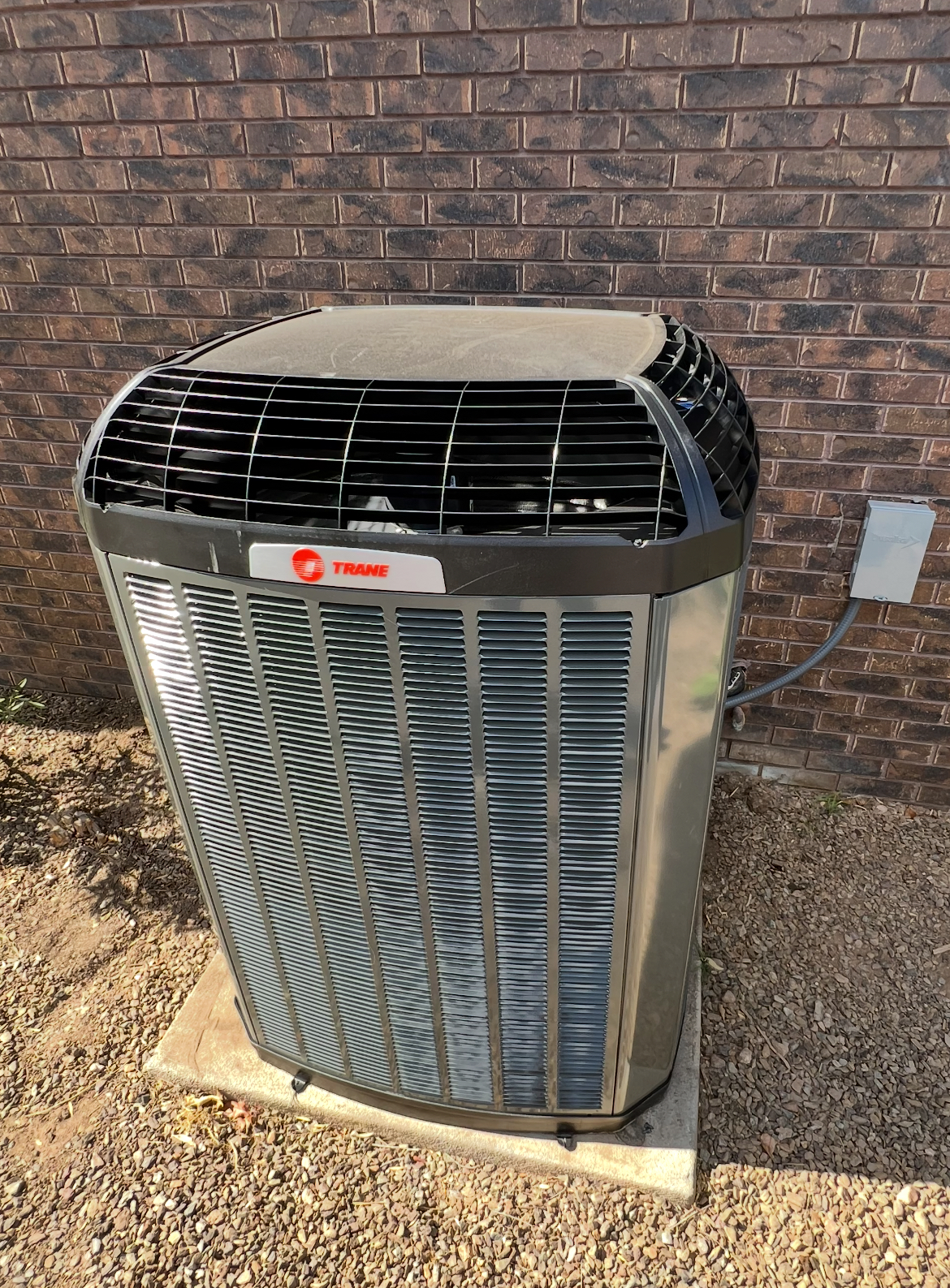
Average Cost for an Air Conditioner Installation in a 2,000 Sq Ft Home
For a 2,000-square-foot home, central air conditioning installation typically costs between $9,000 and $15,000, with an average price of around $11,000-$12,000. This estimate includes both the unit and labor but may vary based on system specifications and home conditions.
6 Key Factors That Influence Installation Costs
1. System Type
Choosing between a split system (with separate indoor and outdoor units) and a packaged system (where all components are combined in one outdoor unit) can significantly impact cost. Prices generally range from $1,900 to over $5,500, depending on the type and features of the system. Another factor can be whether the unit is a split gas unit or a heat pump.
2. Unit Size and SEER2 Rating
Two major cost drivers are the system’s cooling capacity (measured in tons) and its SEER2 (Seasonal Energy Efficiency Ratio) rating. While higher SEER2 units cost more upfront, they offer long-term savings through reduced energy usage. Whether the system is a single stage, two stage, or variable speed can impact the installation cost. Normally, the higher efficient the ac unit is, the higher the cost.
3. Existing Ductwork vs. New Installation
Homes with existing ductwork typically incur lower costs. However, if new ductwork is needed, expect additional charges of $5,000-$10,000 or more, especially if wall or ceiling repairs are required afterward.
4. Home Layout Complexity
Multi-story homes or those with limited attic access or intricate designs require more labor and materials, driving up the overall installation cost.
5. Labor Costs by Location
Where you live sometimes matters. If the location is far away from the Phoenix Metro, it may cost more because of the labor to send people to this jobsite.
6. Brand and Seasonality
Premium HVAC brands offer advanced features and longer warranties, but they also come with a higher price tag. Additionally, scheduling installation during the off-season (typically spring or fall) can sometimes reduce costs due to lower demand. Some great brands of air conditioners are Trane, Bosch, and York.
Financing Options and AC Rebates
While the upfront investment can be substantial, installing central air often boosts your home’s resale value, especially in hot climates like Arizona. Financing options are available, such as:
-
HVAC-specific loans
-
Home equity lines of credit
-
Utility rebate programs
You may also qualify for federal tax credits or local energy rebates if you choose an energy-efficient model. One of the biggest local rebates you can get is through SRP. SRP services most places in the East Valley like Mesa, Gilbert, Chandler, Tempe, San Tan Valley, and Queen Creek. For variable speed systems, they offer $225 per ton (Example: 5-Ton variable speed ac system qualifies for a $1,125 rebate check). For two stage systems, they offer a rebate of $150 per ton. (Example: 5-Ton two stage ac system qualifies for a $750 rebate check).
Schedule Your New Air Conditioning Unit Consultation Today
Understanding the cost factors behind central air conditioning installation helps you make a smart, informed decision. If you’re in Mesa, AZ, Falcon Air Conditioning offers transparent pricing, expert advice, and quality installations. Contact us today at 480-813-3613 or fill out our online form to schedule a consultation and start enjoying a cooler, more efficient home.
Note: Exact pricing may vary based on your home’s needs.
